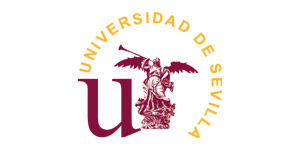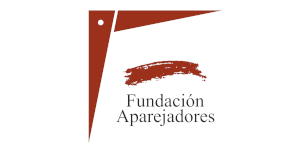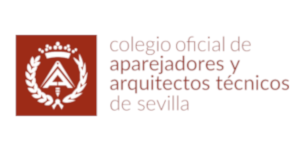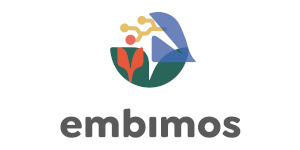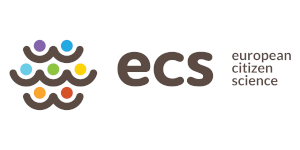The ASTER+S > ART ^ SEALIFE exhibition is a unique creation, emerging from the SciArt collaboration between the renowned Institut de Ciències del Mar (ICM-CSIC, Barcelona) and the innovative ASTER+S research team from University of Seville. This exhibition is enriched by the contributions of transdisciplinary artists from Seville, the Netherlands and Barcelona, combining perspectives to explore the intersection of art and marine science.
SciArt to better understand and care for our marine ecosystems
How can citizens contribute to better understanding and caring for our marine ecosystems affected by the Anthropocene?
We focus on understanding how marine life is developing beneath the surface under the influence of climate change, with the aid of citizen science.
Citizens contribute to the immense task of discovering new species and monitoring the impact of humans broadly, attempting to influence decision-making on protecting the seas. Can we turn the tide? Yes, we can, within the framework of ASTER+S and the European Citizen Science project.
ASTER+S (Art-Science-Technology-Engineering: Research for + with Society) is defined by our transdisciplinary and social vocation. Our “eco-SciArt” methodology strives for all participants (scientists, artists, engineers, humanists) to develop alterity, dismantling stereotypes and prejudices. A scientist may become an art-inspiring person. An artist can be seduced by the complexity of science. An engineer can contribute to the collaborative conception of an artwork. All is permeated by a transdisciplinary osmosis, increasing our awareness of the great challenges in empathizing with other people and species.
Contemporary Art may awake citizens’ curiosity and critical thinking through cross-pollination.
Transdisciplinary spirits soar high,
through collective hands, they thrive,
shared care, hearts unified
Science and Art combine,
citizens join in the quest,
seas heal and alife
-
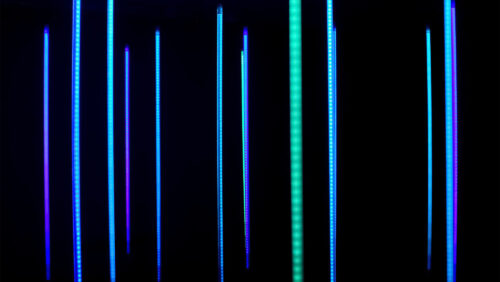
Liquid Transparency
Cachito Vallés (ES), Áurea Muñoz del Amo (ES), Carmen Salazar Pera (ES), Rocío García-Robles (ES), Carlos Rodero (ES)
Just as substances in water can obscure its transparency, lack of awareness can cloud our understanding of environmental issues. This SciArt work suggests a dialogue about the boundaries between our activity and natural processes, inviting us to think that all parts of the universe are interconnected.
-
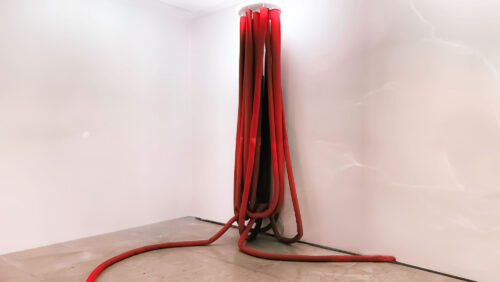
No te conoce nadie, pero yo te canto
Olga Albillos (ES), Guille Rodríguez (ES), Triana Sánchez Hevia (ES), Xavier Salvador (ES)
This artwork highlights interconnectedness in ecosystems showing that all life forms, visible or invisible, are linked and vital. It emphasizes the balance of opposites within nature and the value of species unseen by humans.
-
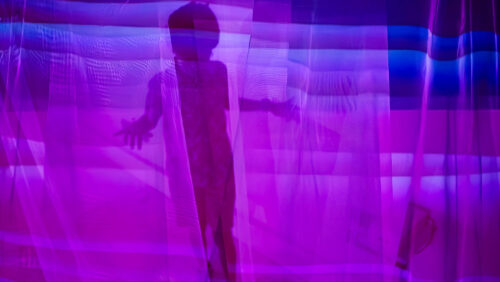
Sea Invaders
Helena Hernández Acuaviva (ES), Jesús Ibáñez Martínez (ES), David Orellana Martín (ES), Xavier Salvador (ES)
This work reflects on the crisis of invasive species in the Mediterranean, immersing us in the marine habitat to empathize with the ecosystem’s situation and contemplate our and other species environmental footprint.
-
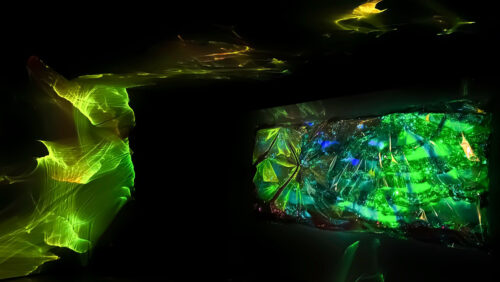
SEA Reflection and connection
Lisa Derksen Castillo (NL, ES), Miguel Mendoza Malpartida (ES), María del Carmen Romero Ternero (ES), Xavier Salvador (ES)
This installation reflects the philosophical concept of perception as a mirror of reality. Just as the sea reflects light, the artwork reflects not only physical light but also, metaphorically, the less visible aspects of marine life.
-
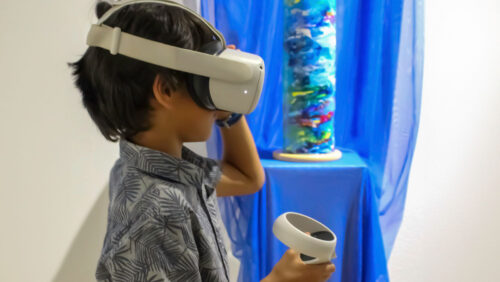
The Dance of Data
Andrea Diaz (FR, CO), Jose Manuel Higes (ES), Antonio Falcón López (ES), Clara Ortiz Cáceres (ES), Karen Soacha (CO)
The project prompts reflection on reality and knowledge, blurring physical and virtual lines to show that meaning transcends boundaries. Dancing with data in virtual spaces suggests dynamic, participatory interaction with information.
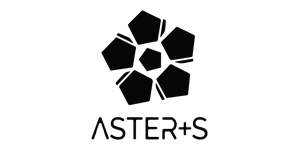
University of Seville (ES)
The University of Seville is a public institution in Andalusia (Spain) born more than 500 years ago. The third-largest Spanish university in terms of student intake, it has a remarkable art heritage and offers a wide range of degree programs. The ASTERISM research group is leading the project called ASTER+S: Art-Science-Technology-Engineering: Research with + for Society, jointly with the Graphics and Digital Creation research group.
Credits
Curator: Rocio Garcia-Robles / ASTERISM research group of the University of Seville / Graphics and Digital Creation research group of the University of Seville / EMBIMOS Research Group of the Institut de Ciències del Mar (ICM-CSIC) / European Citizen Science (ECS) funded by the European Union / Fundación de Aparejadores y COAAT (Colegio Oficial de Aparejadores y Arquitectos Técnicos de Sevilla)
Universidad de Sevilla, ASTERISM research group of the University of Seville, Graphics and Digital Creation research group of the University of Seville, EMBIMOS Research Group of the Institut de Ciències del Mar (ICM-CSIC), European Citizen Science (ECS) funded by the European Union, Fundación de Aparejadores y COAAT (Sevilla)
European Citizen Science (ECS) funded by the European Union (Institut de Ciències del Mar, ICM-CSIC); Fundación de Aparejadores & COAAT; Universidad de Sevilla

